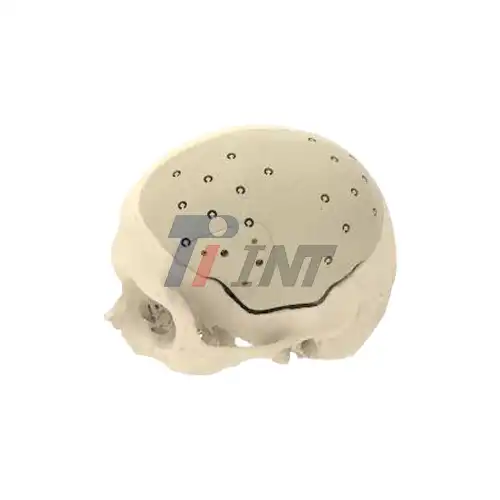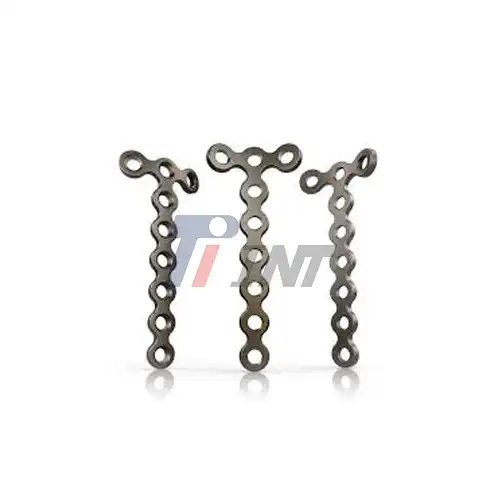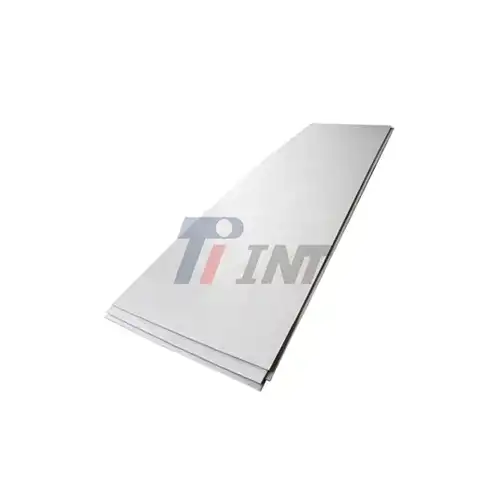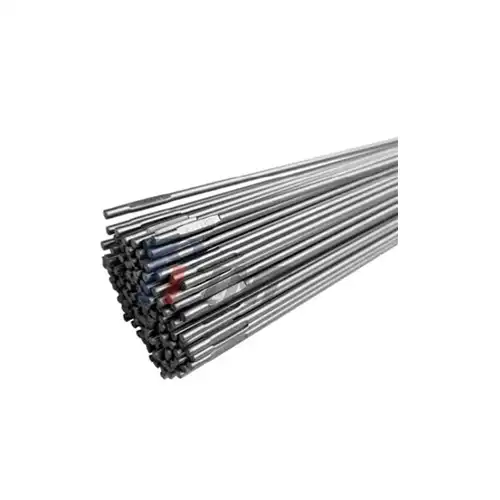China's Medical Titanium Alloy Industry Report: Market Demand on the Rise
 2024-10-11 17:09:16
2024-10-11 17:09:16
Definition of Medical Titanium Alloy
Medical titanium alloys are specially designed alloys primarily used for manufacturing medical devices implanted into the human body, such as prosthetics, artificial organs, and auxiliary treatment equipment. These alloys often contain elements like titanium 6-aluminum-4-vanadium (Ti6Al4V) and titanium 5-aluminum-2.5-tin (Ti5Al2.5Sn). The combination of these elements aims to enhance specific properties of the titanium alloy, offering both high strength and light weight. In addition, their mechanical properties closely resemble human bone, making them ideal for medical devices that interact with bone. Medical titanium alloys also boast strength significantly greater than that of pure titanium, allowing them to withstand substantial physiological stress.
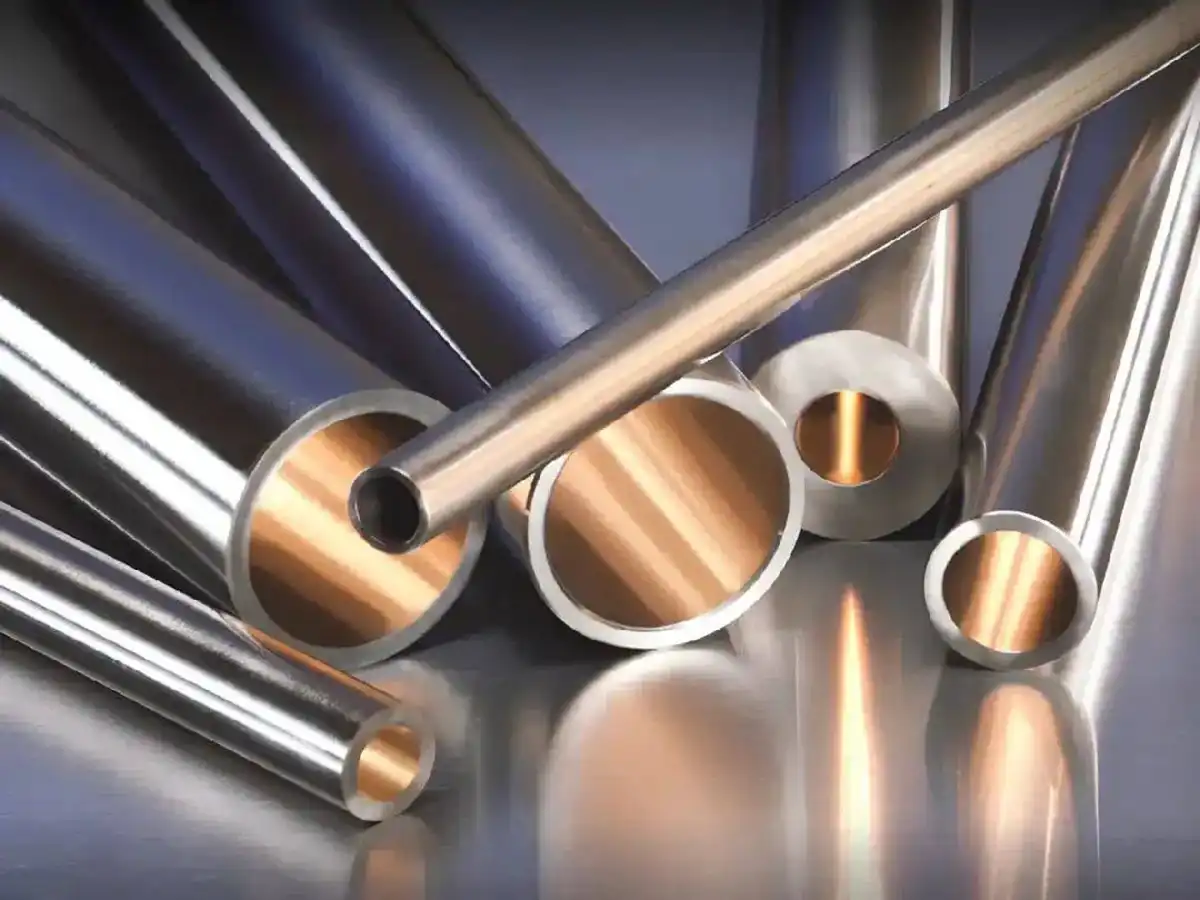
Classification of Medical Titanium Alloy
Based on their microstructural properties, medical titanium alloys are generally classified into four categories: alpha-type titanium alloys represented by pure titanium, alpha+beta-type alloys like Ti6Al4V, beta-type alloys including Ti12Mo6Zr2Fe, and TiNi shape-memory titanium alloys with memory characteristics. Moreover, ongoing research explores new types of titanium alloys, surface-modified titanium alloys, and porous titanium alloys, continuously expanding the development of the medical titanium alloy field.
Development of the Medical Titanium Alloy Industry
The medical titanium alloy industry began in the 1950s, evolving from basic theoretical research to clinical application. As scientists discovered the excellent biocompatibility and mechanical properties of titanium alloys, their use in medicine gradually expanded. By the 1970s and 1980s, medical titanium alloys were used clinically, with products like implantable stents and artificial joints gaining acceptance among physicians. In the 1990s and early 2000s, the industry shifted toward standardized and large-scale production, with nations establishing corresponding standards to promote industry regulation. Today, new medical titanium alloy products and technologies continue to emerge, including degradable titanium alloys for cardiovascular, dental, and orthopedic applications, demonstrating significant growth potential and a promising market outlook.
Upstream and Downstream of the Medical Titanium Alloy Industry
Medical titanium alloys, known for their high strength, low density, and biocompatibility, are widely used in the medical sector. The upstream supply chain includes pure titanium or titanium alloys, which are processed into various medical devices and implants, such as artificial joints, dental implants, and cardiovascular stents. Due to their outstanding performance and safety, medical titanium alloys have become indispensable materials in modern healthcare.
Market Size and Growth Rate in China
From 2014 to 2019, China’s medical titanium alloy industry experienced significant growth, with the market expanding from 10.81 billion RMB to 14.23 billion RMB. During this period, the compound annual growth rate (CAGR) remained at 7.11%, highlighting the industry’s robust growth momentum. Despite the challenges posed by the COVID-19 pandemic in 2021, the industry demonstrated resilience. As the pandemic is brought under control and the economy recovers, it is projected that by 2028, China’s medical titanium alloy market could reach an impressive 28.18 billion RMB.
Demand Surge for Medical Titanium Alloys
Recent years have seen growing demand for medical titanium alloys, primarily due to their excellent biocompatibility with human bones. Titanium alloys offer numerous advantages, including lightweight properties, low elastic modulus, non-toxicity, non-magnetism, corrosion resistance, and high strength. As stainless steel and cobalt alloys, which contain physiologically toxic elements, have shown poor corrosion resistance in medical environments, their use has declined, further driving the demand for titanium alloys.
Challenges in the Industry
Despite its outstanding properties, processing medical titanium alloys is challenging and costly. Current manufacturing processes face bottlenecks, such as low cutting efficiency and precision, limiting their application in complex medical devices with high precision requirements. Additionally, the high cost and complex processing of titanium alloys have led to relatively low market awareness. Furthermore, the lack of effective promotion has limited consumer recognition and acceptance of medical titanium alloy products.
Market Concentration and Competition
In China’s medical titanium alloy market, top players such as BaoTi Group, Western Metal Materials, and Western Superconducting Technologies dominate the industry. BaoTi Group leads in titanium material production with a 19% market share, followed by Western Metal Materials (6%) and Western Superconducting Technologies (5%). These numbers reflect the industry's relatively high market concentration.
Policy and Regulation
The development of the medical titanium alloy industry is governed by policies that regulate production, sales, and usage. These regulations ensure the quality and safety of titanium alloys and encourage technological innovation. Government standards promote improvements in production processes and foster the growth of high-tech products, helping to stabilize the market and combat counterfeit goods.
Future Outlook
Looking forward, the demand for medical titanium alloys is expected to rise as global attention to healthcare and safety increases. Emerging markets, with advancing economies and improving healthcare standards, are creating new growth opportunities for the industry. Medical titanium alloys are also gaining recognition for their recyclability and environmental sustainability, which further boosts their potential in the coming years.
The next 10-15 years are forecast to bring rapid growth to the medical device industry, including biomaterials like titanium alloys, with this sector becoming a cornerstone of the global economy.

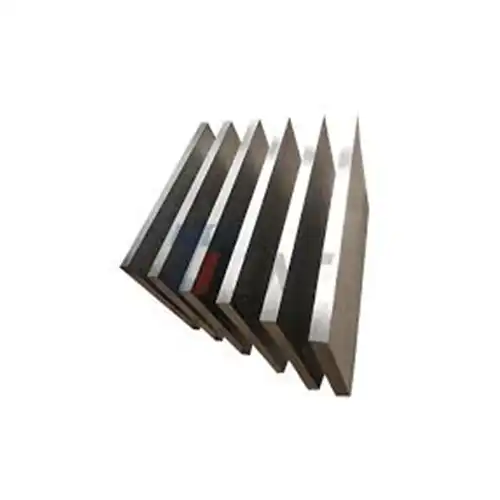

_1753425743099.webp)
_1752463076575.webp)
_1751957234428.webp)
